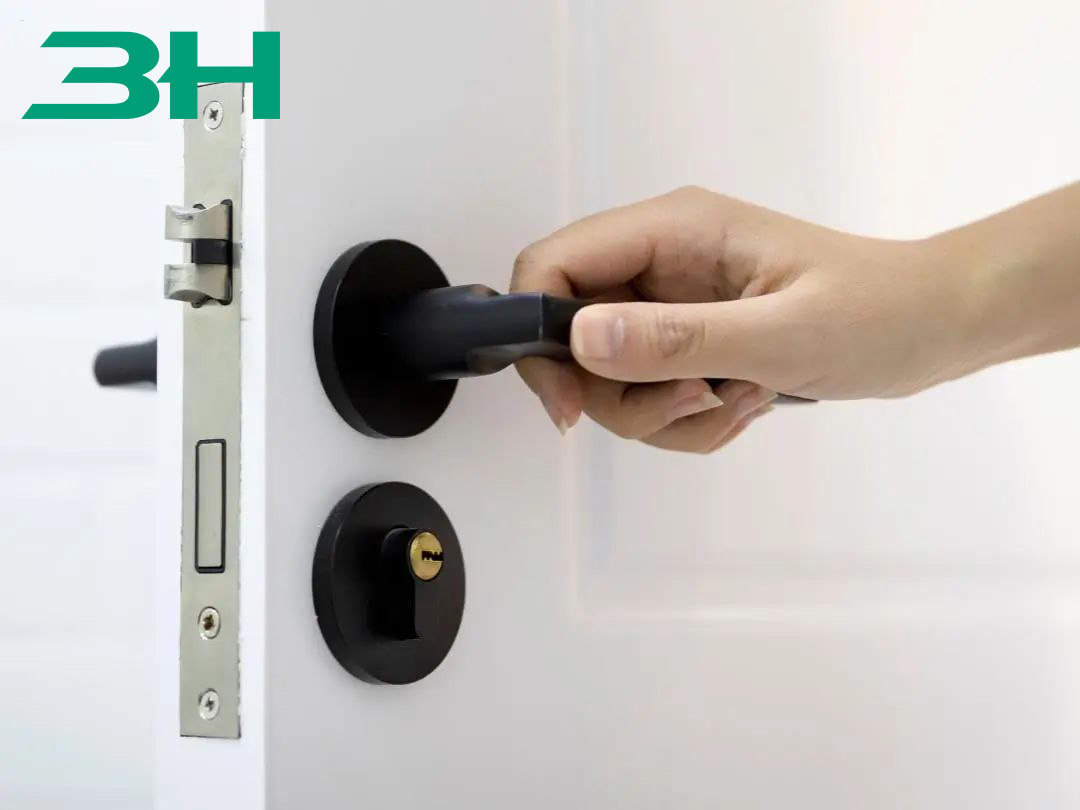Views: 0 Author: Site Editor Publish Time: 2025-10-13 Origin: Site








Which material for residential hardware is more durable? Today, 3H Hardware Architectural Hardware is here to provide some insight. Residential hardware, though seemingly an inconspicuous detail, acts as the guardian of your home's quality. It primarily refers to the metal components used in building elements like doors and windows, including hinges, door locks, handles, bolts, and slides. These small parts undertake crucial functions such as opening/closing, fastening, connecting, and decorating, directly impacting the smoothness of daily use and the overall lifespan of your home.
The smooth opening of a door or the tight sealing of a window relies on the support of high-quality hardware. Therefore, understanding the materials used in residential hardware and making informed choices is a key step in creating a comfortable and long-lasting home environment. However, the market offers a variety of hardware materials, commonly including stainless steel, copper, zinc alloy, and aluminum alloy.
Stainless steel is highly favored for its excellent corrosion resistance and strength, especially in damp environments where it can remain bright and rust-free for a long time, making it the choice for those prioritizing durability.
Copper carries an inherent sense of vintage luxury. It is not only structurally robust but also develops a unique patina over time, enhancing its character, though it comes at a higher cost.
Zinc alloy can be die-cast into complex shapes, offers rich surface finishing options, and is relatively low-cost, making it suitable for budget-conscious choices. However, it may be somewhat less robust under heavy loads or in humid conditions.
Aluminum alloy is lightweight and corrosion-resistant, often used for modern-style handles or accessories, but its hardness may not match that of stainless steel.

Usage Environment: For instance, in damp spaces like bathrooms and kitchens, stainless steel hardware is an ideal choice due to its superior rust resistance. For frequently used entrance doors or balcony doors, focus on the material's strength and wear resistance; stainless steel or high-quality copper can better withstand daily use.
Coordination: The style and color of the hardware should harmonize with the doors, windows, and overall home decor. For example, modern minimalist styles suit sleek stainless steel or aluminum alloy hardware, while classical styles can be paired with elegantly designed copper hardware.
Craftsmanship and Details: High-quality hardware features smooth, even surface finishing, free of burrs or flaws. It should feel substantial in hand, operate smoothly and effortlessly without catching. For instance, a good hinge should be almost silent during operation and have good load-bearing capacity.
Brand and Reputation: Choosing reputable brands often provides more assurance regarding material quality and after-sales service. Although the initial investment might be slightly higher, the durability and reliability offered can prevent the hassle of frequent replacements in the long run.
